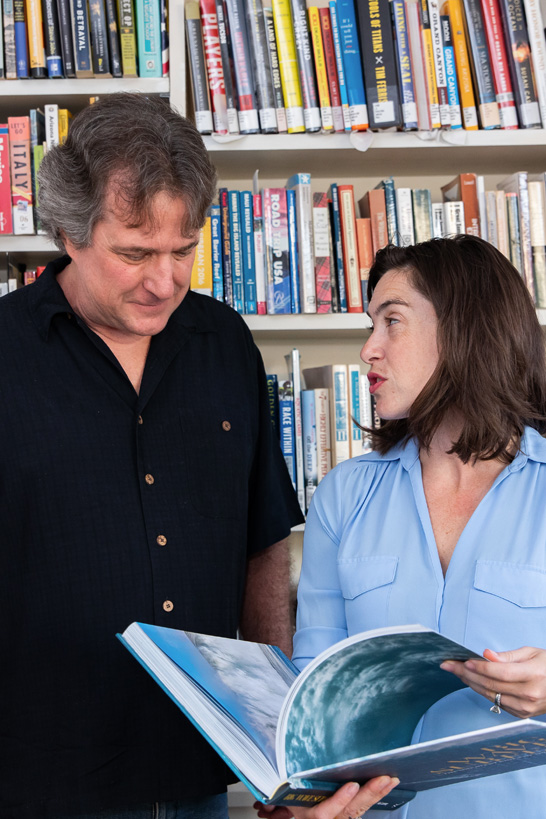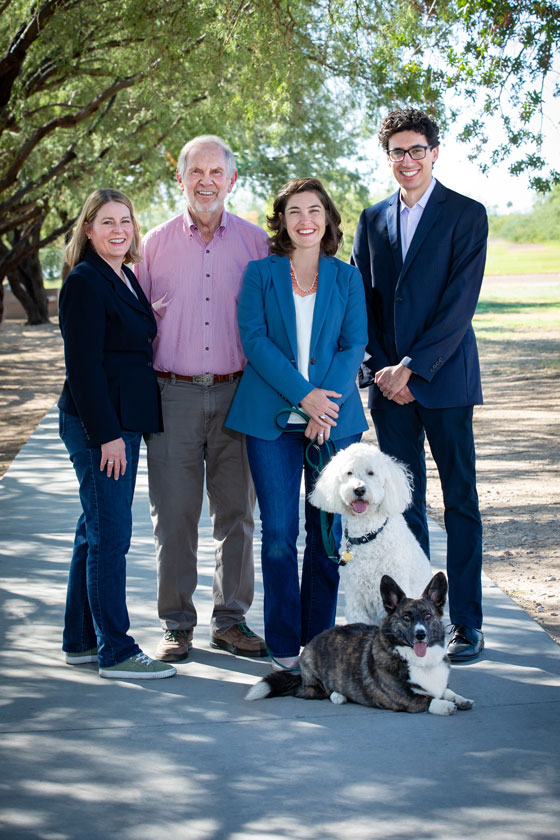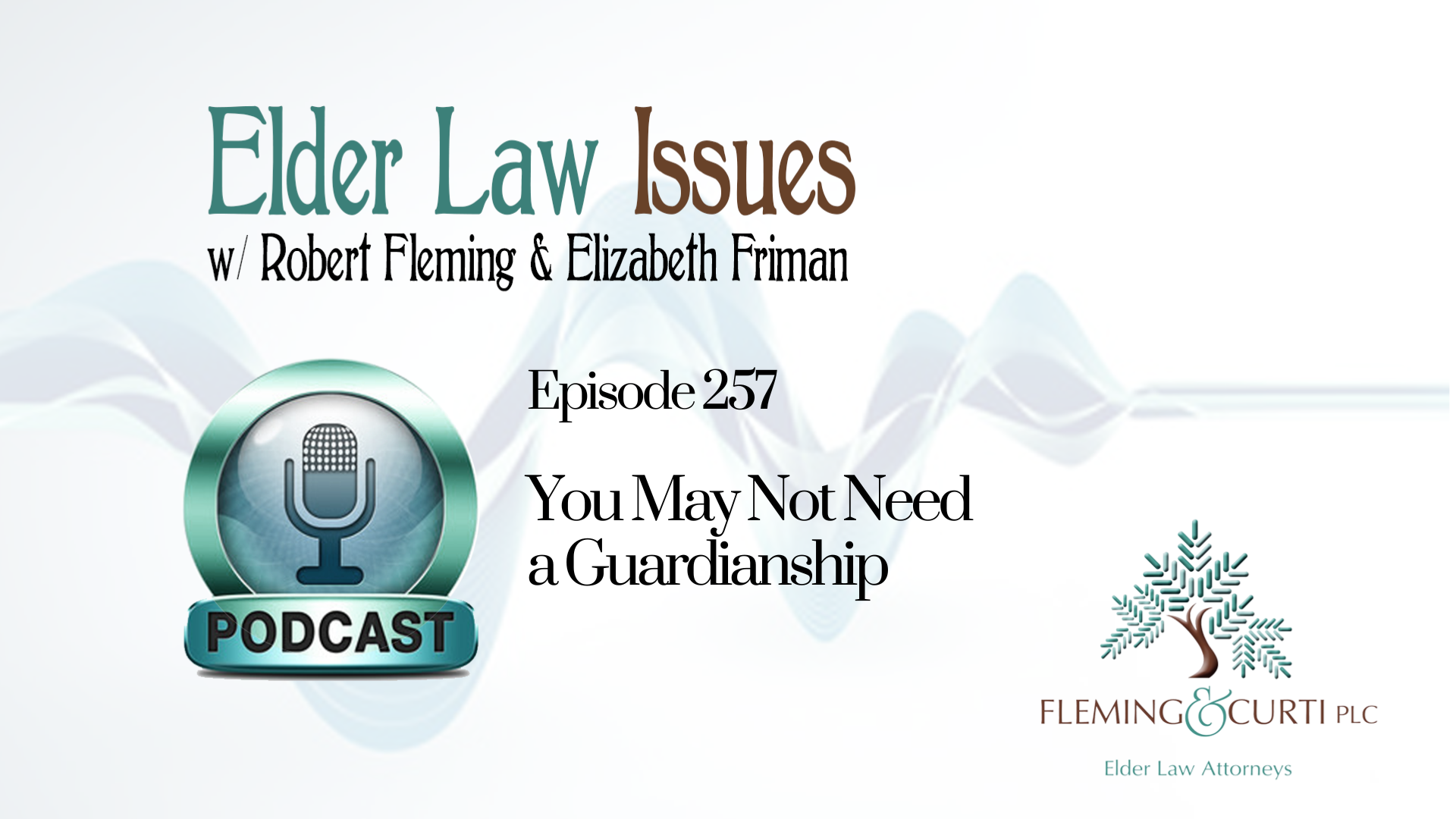Guardianships & Conservatorships
When someone is unable to manage their own affairs, a guardianship and/or conservatorship may be necessary. Guardianship and conservatorship are “protective proceedings,” which, as the term suggests, are intended to protect people who need it. Such proceedings are serious endeavors because they essentially remove or limit an individual’s right to make their own decisions.
A person subject to a protective proceeding needs to be found “incapacitated” in a court proceeding before a guardian will be appointed. Under Arizona law, a guardian or conservator can be appointed for a person who suffers from mental illness, mental disorder, physical illness or disability, chronic use of drugs, or chronic intoxication. In addition, a conservator may be appointed in a case of confinement, disappearance, or detention by a foreign power.
Have questions about Guardianships & Conservatorships?
Give us a call, we are happy to discuss your options.

Guardianships
To appoint a guardian, the court must find that the person in need of protection is unable to make or communicate responsible decisions about their person and is therefore unable to provide basics such as food, clothing, and shelter for themselves without assistance. A guardianship is often likened to a parent-child relationship because a guardian is responsible for most life decisions that must be made for the person they serve, including medical care and living arrangements. Guardians must always act in the best interests of the subject of the proceedings.
Guardianships do have limits. Guardians may not write an estate plan for the person, or admit them for inpatient mental health treatment without court approval. For any funds beyond a nominal amount, a conservator may be required rather than a guardian. A guardian’s powers may be further limited when it is appropriate. For example, the court might authorize the guardian to only make medical decisions, or to only decide the person’s living arrangements.
Conservatorships
A conservator handles the financial affairs of a person deemed to be in need of protection. A conservator’s authority is limited to financial matters and does not include living arrangements or medical care, though they have control of the money that pays for those things. Appointment of a conservator can be made if the court finds that assets will be wasted or dissipated without proper management or that assets need to be accessed to provide care for either the person alleged to be incapacitated or their dependents.
Once appointed, the conservator holds title to the protected person’s property and must use it for the protected person’s benefit. They must account annually to the Court and other interested persons. Conservators also must obtain a bond, which is an insurance policy that protects the conservatorship estate in the event the conservator mishandles the assets. Insurance covers the problem, then the bonding company pursues the conservator to recover the loss.
Like guardianships, conservatorships also can be limited. It is possible to have a conservator appointed for a single transaction.


Appointment
Every petition for appointment of guardian or conservator must be filed at the courthouse and personally served on the alleged incapacitated person. Notice is given to others, including spouse, adult children, and preexisting guardians and conservators. The person who may be in need of protection must be represented by an attorney, either of their own choice or appointed by the Court. An investigator and medical evaluator are appointed, and they evaluate the situation and report back to the Court. The hearing itself must be public, and the subject of the proceedings may attend and be heard. These proceedings are usually heard and decided by a judge, but a jury can be used.
Costs
The cost of a basic guardianship or conservatorship will vary based on the facts of the case and the parties involved. If there is an objection (including from the proposed protected person), the costs can increase significantly.
Guardianship and conservatorship proceedings can be complicated and expensive, particularly if the parties do not agree on either the need for the protection or who should serve. These proceedings should not be undertaken without serious consideration.
People who have capacity can plan ahead and take steps to avoid guardianship and conservatorship proceedings by executing powers of attorney and trusts. But sometimes the appointment of a guardian and/or conservator is necessary and can help ensure the most vulnerable among us receive needed medical care and assistance with the management of their assets. Most often, a family member serves as guardian and/or conservator, but in some cases, no one is willing or suitable to do this work. For those situations, Arizona provides that a licensed fiduciary may serve. Fleming & Curti is among fiduciaries who may be willing to serve in these roles.

I need help with:
How we're different

- Chris T
Podcasts
Subscribe to our Newsletter
Subscribe to our newsletter to get our takes on some of the situations families, seniors, and individuals with disabilities find themselves in. These posts help guide you in the decision-making process and point out helpful tips and nuances to take advantage of. Enter your email below to have our entries sent directly to your inbox!



